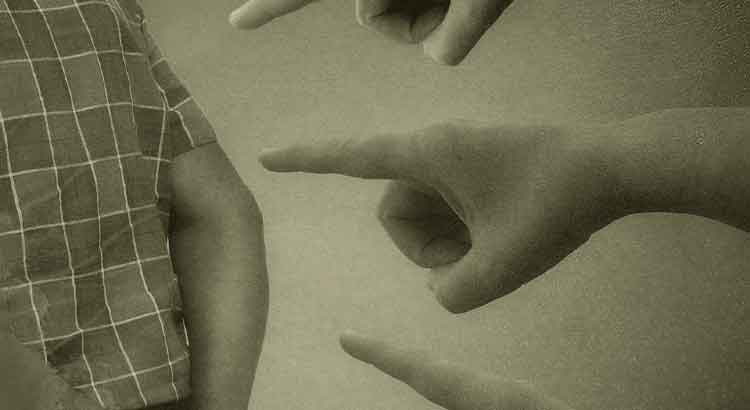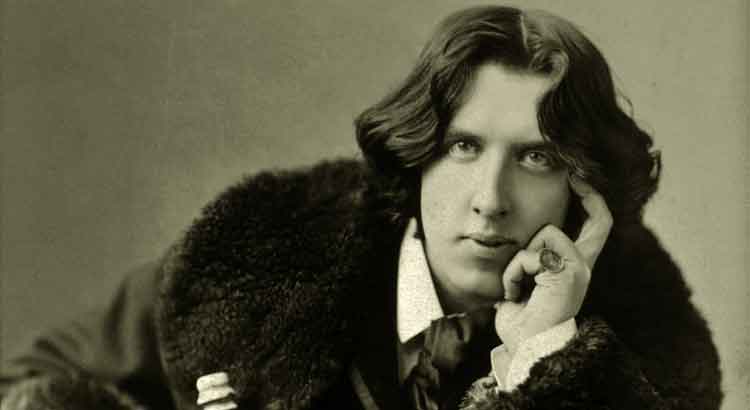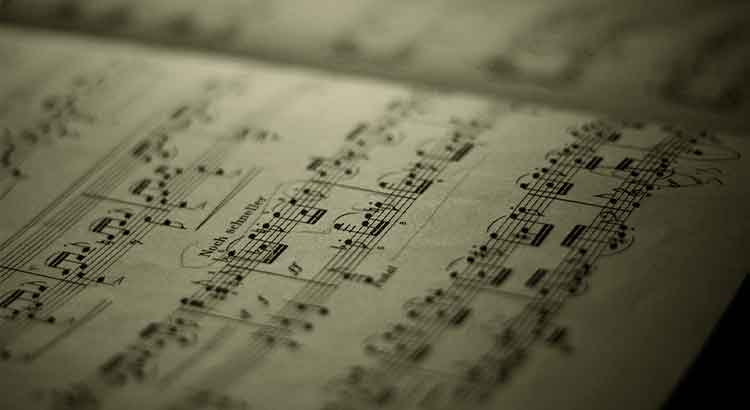It is curious to note that hatred consecrates more often than love. And it is curious to note how human stinginess initiates and closes the arc of the artistic work: it motivates aggression and whips the aggressor. I wonder if there is art among angels. Perhaps. But being man as he is, earthly art can never be different from what it always was. And envy and hatred will be forever, on earth, the medals awarded to the progenitor of great art.
____________
Read more:



